Description
Latin Name : Fagopyrum Esculentum
Buckwheat is rightly described as a treasure and as a superfood, as it is accompanied by a multitude of nutrients. It is very rich in vitamins and minerals such as riboflavin (B2), niacin (B3), copper, magnesium, phosphorus, zinc, and manganese.
It is a pseudocereal plant that carries many qualities of cereal, but is not at all a part of the cereal species.
More specifically, buckwheat is famous mainly for its following beneficial properties:
– It is a source of digestible proteins and helps reduce cholesterol and fat.
– May lower blood sugar.
– Detoxifies the body and cleanses the intestine.
– Ensures the proper functioning of the intestine and reduces bloating.
– Contributes to immediate weight loss and speeds up the satiety process.
– It is a gluten-free food.
– Stimulates heart health.
– Regulates blood pressure.
– It is an effective “medicine” for the fight against chronic diarrhea and dysentery.



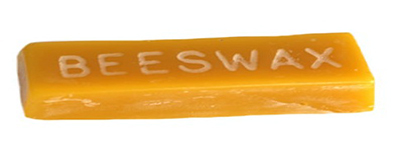


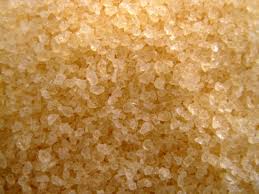

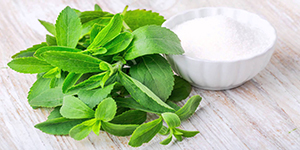

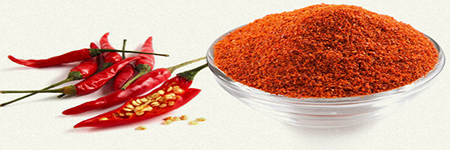
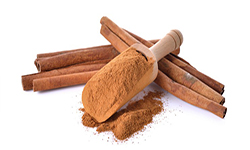
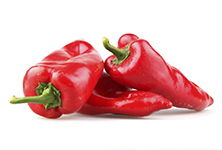







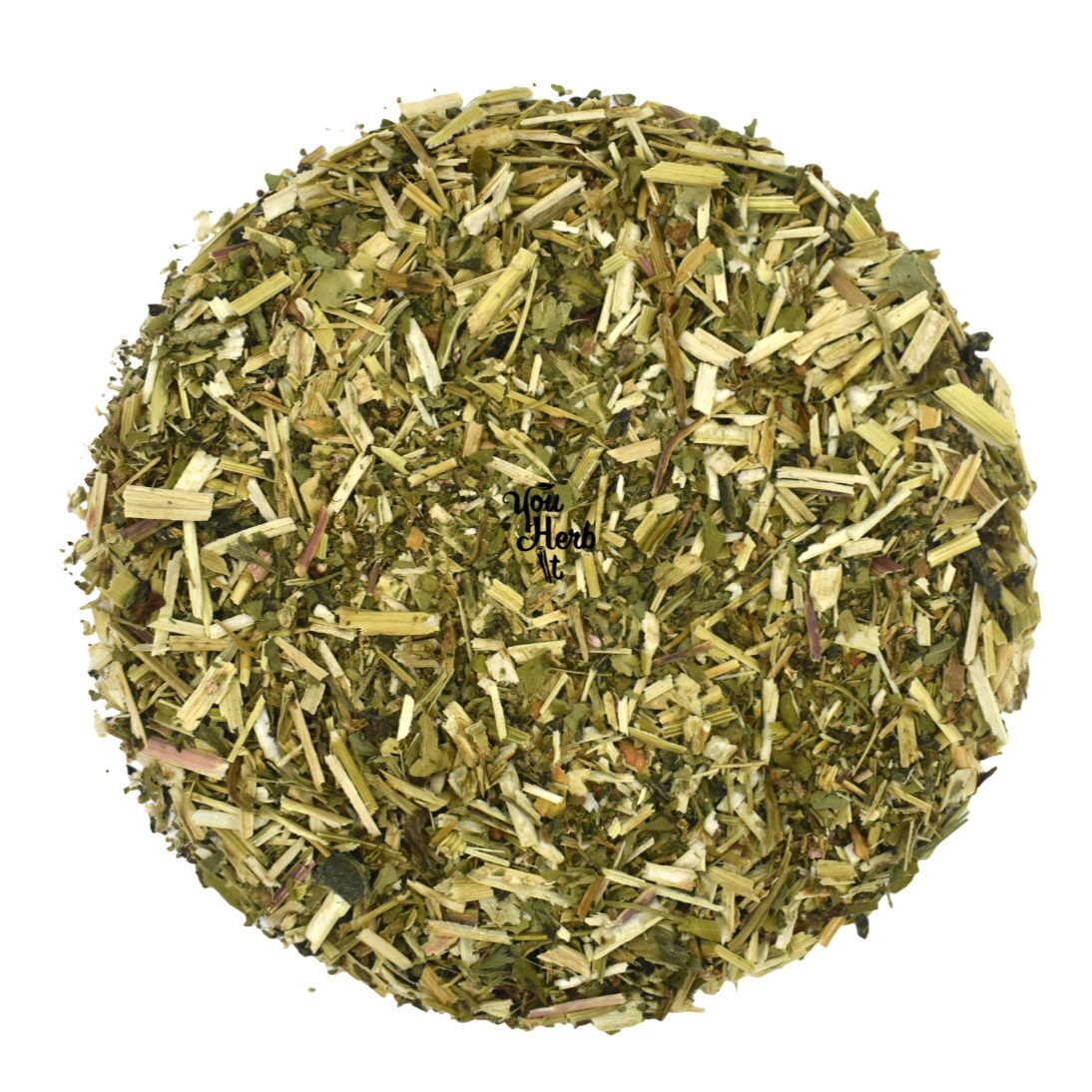
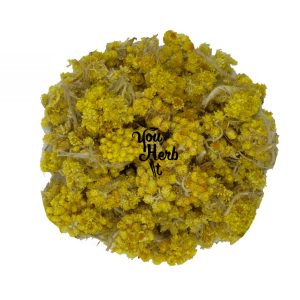
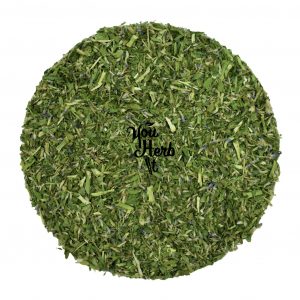
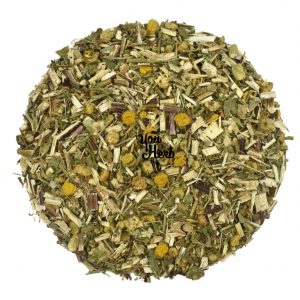
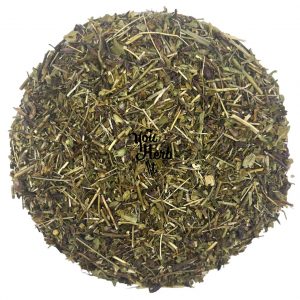
Reviews
There are no reviews yet.